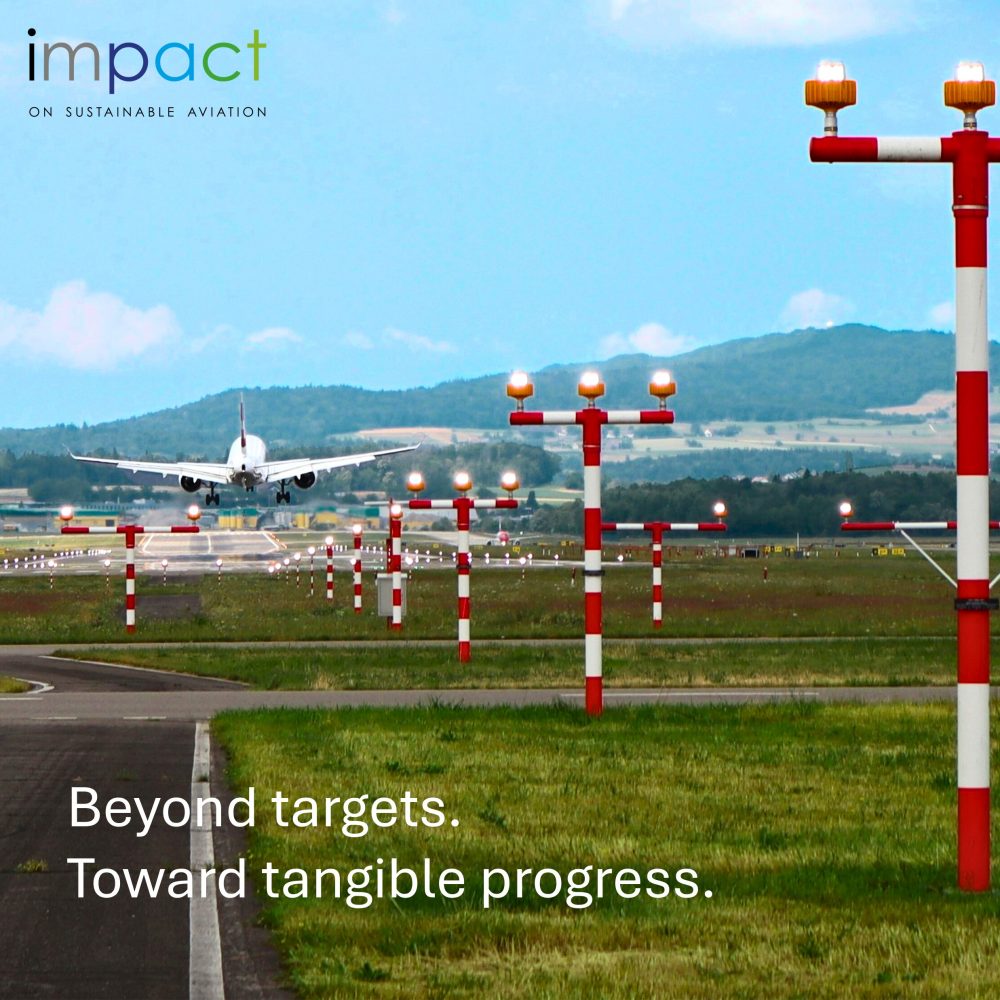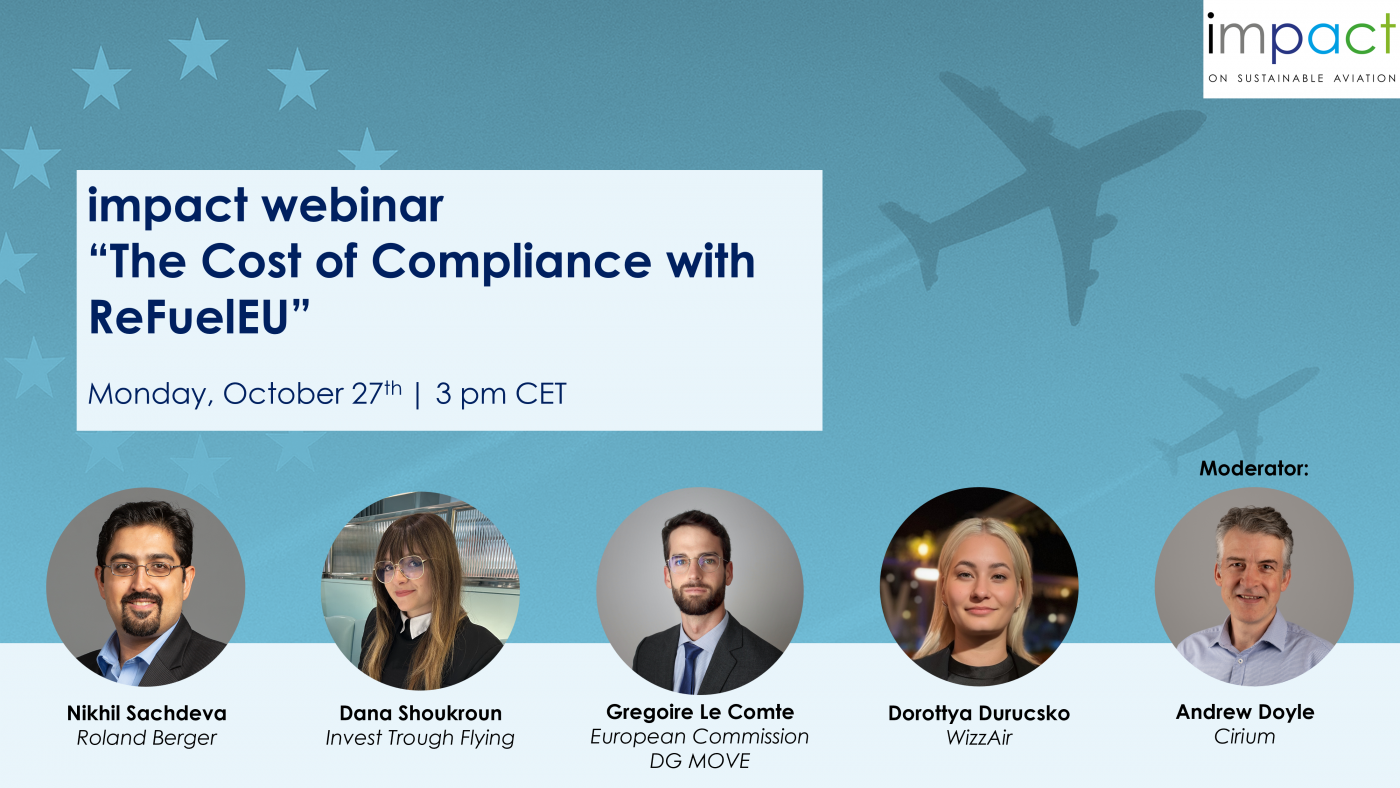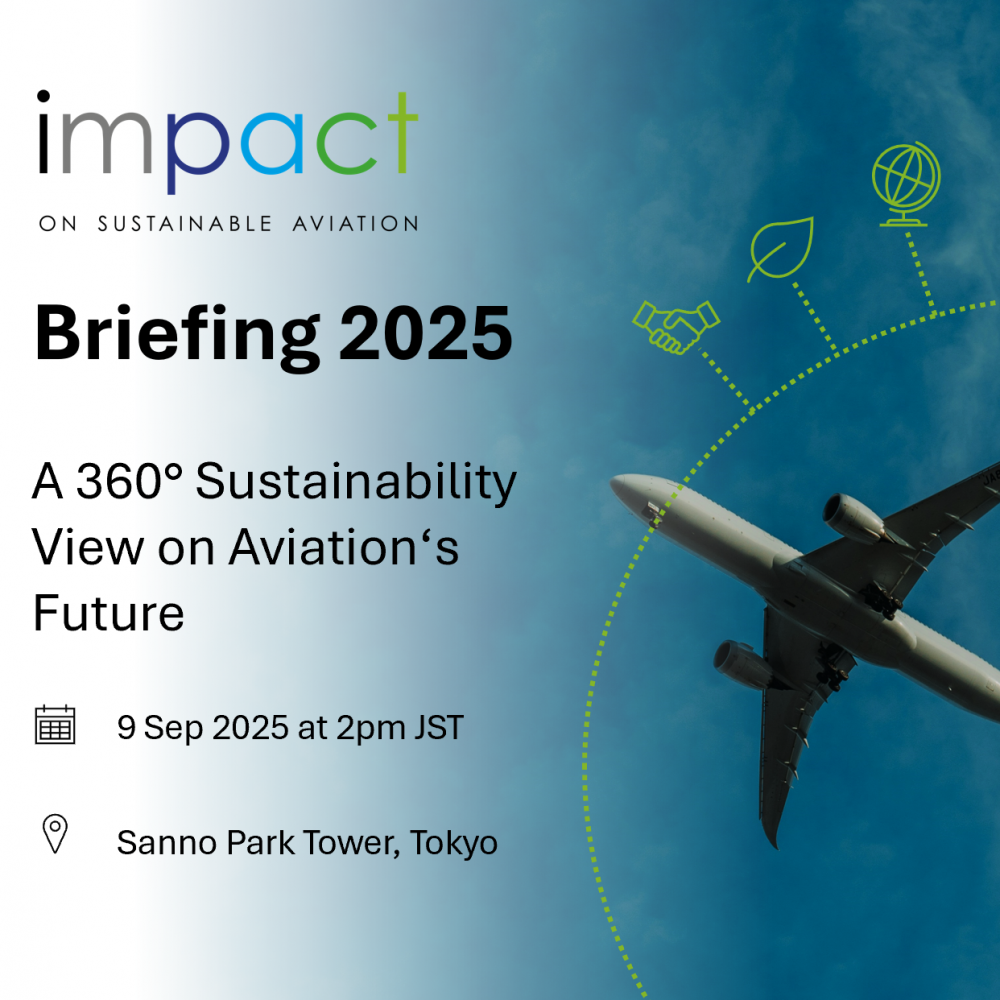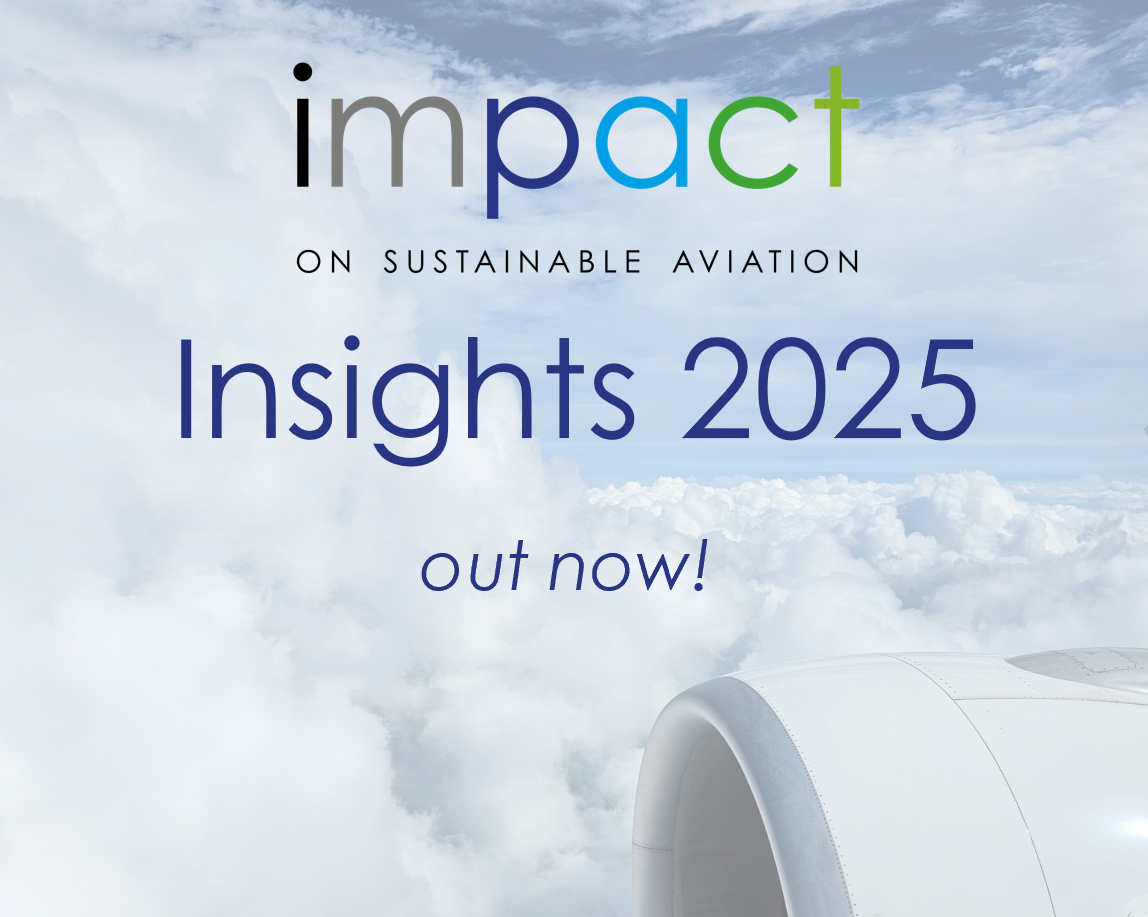impact’s Practitioners’ Guide: Integrating impact’s Milestone Concept into Aviation Transactions has entered its final stage of review — marking an important milestone on the journey toward a more transparent and accountable approach to aviation decarbonization.
Developed collaboratively across impact’s workstreams and refined with insights from experts spanning airlines, lessors, financiers, and policy organizations, the Guide translaDeveloped collaboratively across impact’s workstreams and refined with insights from experts spanning airlines, lessors, financiers, and policy organizations, the Guide translates the Milestone Concept into practical, user-oriented guidance for applying measurable sustainability milestones in aviation finance and investment decisions. It aims to empower decision-makers across the aviation finance ecosystem to translate ambition into measurable progress toward net zero.
Unlike long-term, assumption-based targets and roadmaps that are frequently revised, the Milestone Concept focuses on measuring real, granular progress — tracking how airlines and portfolio financiers are moving toward decarbonization in practice, year by year. By basing assessments on observable data rather than distant projections, it helps reduce uncertainty, increase comparability, and strengthen accountability across the aviation finance value chain.
The Concept’s simplicity is one of its strengths. It relies on just three essential KPIs to evaluate decarbonization progress:
- Absolute CO₂ emissions
- Capacity, preferably expressed as Available Tonne Kilometers (ATK)
- Decoupling of CO₂ emissions trends from capacity development, demonstrating efficiency gains over time
This final review phase invites diverse industry voices to ensure the Guide is not only analytically sound but also relevant, user-friendly, and impactful in real-world applications.
The review process will conclude in mid-November, with publication targeted for early December 2025. The Practitioners’ Guide will mark an important step in supporting transparent, comparable, and action-oriented approaches to assessing aviation’s decarbonization progress.
Watch the ISTAT Learning Lab session on “Sustainable Finance Fundamentals: Driving Aviation Toward Net Zero” with Jean Chedeville (Natixis) and Prof. Tom Conlon (University College Dublin) to learn more about our Milestone Concept: Sustainable Finance Fundamentals: Driving Aviation Toward Net Zero







